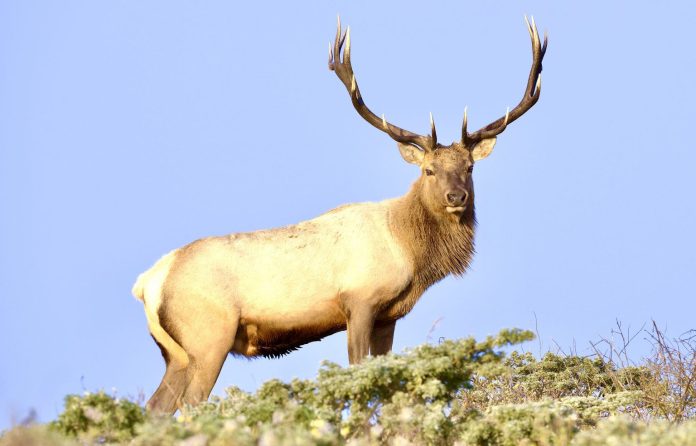You can help all animals and our planet by choosing compassion on your plate and in your glass. #GoVeg
RELATED ARTICLES
Pressure Mounts For Arizona To Ban Dog Pack Hunting Of Mountain Lions, Bears & Other Critical Species
Conservation groups have submitted a petition to the Arizona Game and Fish Commission urging a ban on the use of dog packs for hunting...
Help Save Millions Of Lives This Holiday By Choosing Compassion On Your Plate; Adopt A Turkey Today!
As Thanksgiving approaches, we hope you enjoy a warm and safe holiday. We encourage you to make a compassionate choice by leaving animals off...
Giraffes Are One Step Closer To Receiving Vital Endangered Species Act Protections
In response to a petition and subsequent lawsuit by conservation and animal protection organizations, the U.S. Fish and Wildlife Service (USFWS) has proposed listing...
Popular stories
US News
Thousands Call On The University Of Memphis To Stop Using A Live Tiger Mascot Named TOM III At Football Games And Retire Him To...
Photo from In Defense of Animals
The University of Memphis has traveled with a live tiger as the team's mascot to football games for more than four decades. Over...
International News
Urgent Call To Action! South African Citizens Needed To Help Stop Cruel Shipment Of Up To 85,000 Sheep To The Middle East
As the National Council of SPCAs (NSPCA) prepares for a third court hearing on August 6th to stop the proposed shipment of between 55,000...
News
San Francisco Remains Fur-Free After The International Fur Trade Federation’s Appeal To Challenge The Ban Was Dropped
Last week, the Ninth Circuit Court of Appeals dismissed the appeal by the International Fur Trade Federation which attempted to challenge the constitutionality of...



